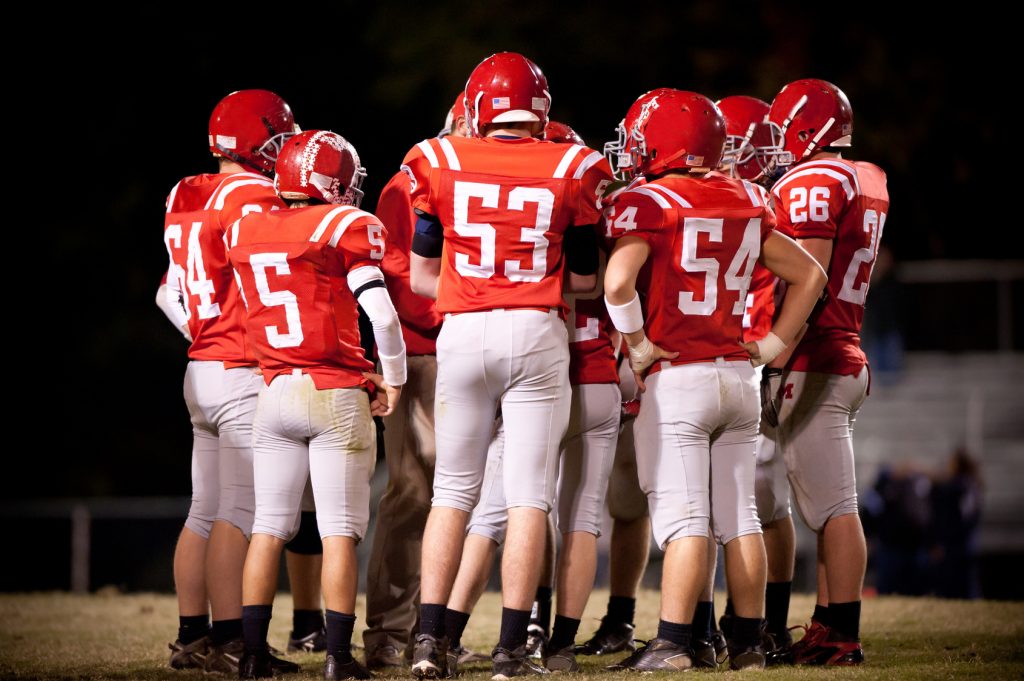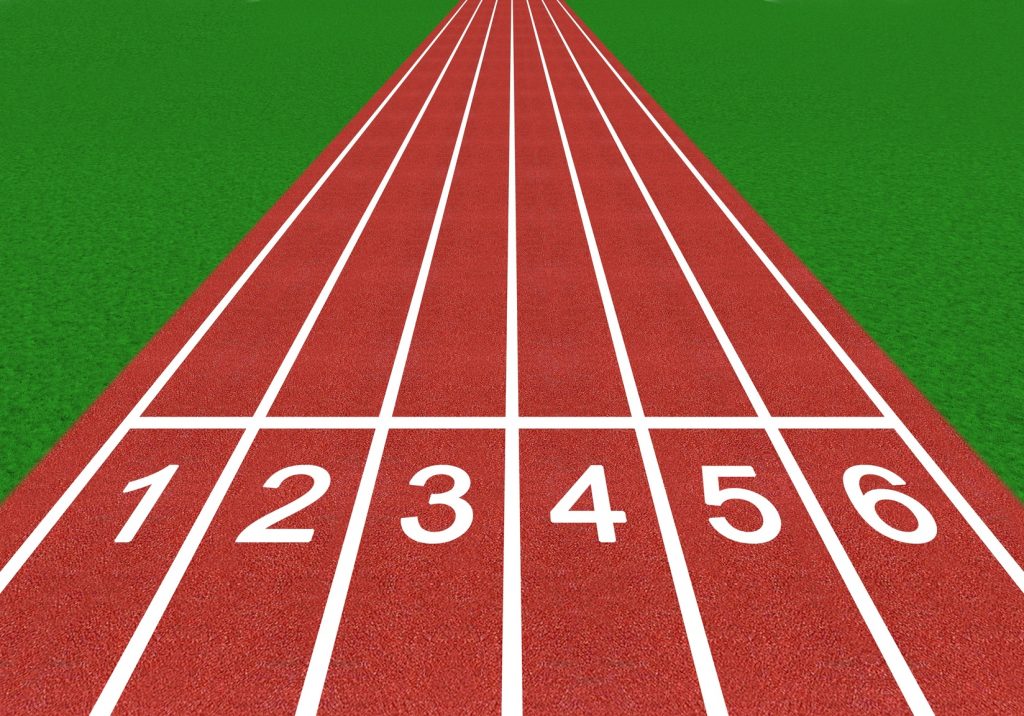Issues in Athlete Identification and Selection: Are We Compromising Talent?
Despite some important ethical and developmental concerns, early identification and selection is the modus operandi of high performance sport. Most sport systems internationally have limited resources for high performance athlete development and, as a result, have to make predictions about who has the greatest likelihood of future success. Notions of talent also play critical roles…
Taking Athlete Development to a New Level: Understanding the Value of a Trauma-Informed Approach
Increasing attention in research and practice has focused on the physical and psychological impacts of trauma and violence, for example from living in conflict zones or experiencing family violence. In North America, such work has led to an increased understanding of the prevalence and impact of adverse childhood experiences (ACEs). These include childhood physical, sexual…
Happy birthday? How your birthdate contributes to success or failure due to the “relative age effect”

Have you ever stopped to wonder the difference a day can make? Say, being born December 31st or January 1st? This small 24-hour window could be the difference between competing in elite vs. recreational sport, or being identified as “gifted”, or (mis)diagnosed with a learning disability in school. Many youth development systems (e.g., sport and…
Lessons from the Start Line – Applying Sport Experiences to a Future Career as a First Responder

I was born in 1995 which means I fall under the very prestigious title of a millennial. Not only are we known for the extensive technological integration into our lives, but also for our high unemployment rates and decreased job satisfaction. This pushes many to stay at home with their parents and continue post-secondary education…
Marginal Gains Reconsidered: How Sport Organizations Hold the Key to Boosting Sport Performance
The “aggregation of marginal gains” has become such a catchphrase that people have stopped questioning what it means. Science is meant to question, not to follow, and to look for the truth where it otherwise might be missed. What are “marginal gains”, really? Why have we been trained to look for them? How do they…
Can we better Retain Sport Officials by Asking Them to Do More? The Opportunity of “Stage-appropriate Officiating”
Having and keeping enough qualified officials is a challenge for many sport organizations. Could we retain them by asking them to do more? It may seem counter-intuitive, but research into the challenges faced by sport officials and what motivates them suggests “stage-appropriate officiating” may provide an opportunity to retain officials while supporting quality sport experiences…
The Car Ride Home
Parents[1] play an undeniably important role in the lives of young athletes. Parents have been described as socializers of athletes’ sport experiences – providing opportunities for participation, serving as role models, and helping athletes make sense of their sport experiences. Previous research about parent involvement in sport has examined the types of feedback that parents…
Managing Pain in Endurance Sports

Endurance athletes need to persevere through pain in training and competition. According to Kent University’s Samuele Marcora “our mind is what dictates our physical limits”. Exhaustion is not caused by muscle failure, but by the conscious decision to disengage from an endurance task. According to Marcora’s psychobiological model of endurance performance, perception of effort –…
Breaking the Silence: Championing Psychological Help-Seeking in Sport

Sometimes it seems like athletes have magical powers. As they plunge in the water and soar in the air, it can feel as though they are invincible. Their physical superiority, focused demeanour, and competitive spirit often radiate confidence and strength, influencing us to believe that they possess superhuman qualities. While they experience the throes of…
Key Nutritional Needs for Athletes

Most people are aware that athletes require adequate nutrition in order to keep their bodies in their best shape for training and competition. And while every athlete is an individual and may require specific things to meet their dietary needs based on individual physical characteristics, training and competition schedules, and overall nutritional goals, there are…